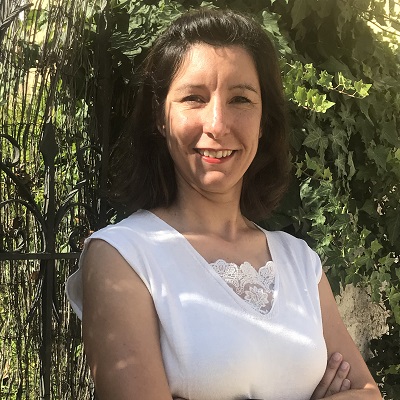Sandra Acosta
Understanding human brain development in health and disease with brain organoids
Abstract
Human brain complexity rises from human-specific gene expression patterns that are tightly controlled. Brain organoids have proven an extraordinary tool to understand aspects of human brain development and evolution that cannot be modeled in non-human models, such cytoarchitectural complexity and its underlaying gene expression and gene regulatory networks.
In the last years, there is increasing awareness towards their use in modeling neurological disorders, due to the possibility to use iPSCs derived from patients. However, amongst brain organoids draw backs, inter- and intra-organoid variability. The use of computational tools, such as deep learning is becoming an usual asset to improve the performance of brain organoids analysis.
Our deep learning tool, the ImPhenet boosts brain organoids live analysis to circumvent the limitations of brain organoids.
Biography
I am an assistant professor at the Pathology and Experimental Therapeuticsh at the Medical School University of Barcelona and Serra-Hunter Fellow. I am a neurodevelopmental biologist by training, and I have a long trajectory in the fields of iPSC/ESC-derived brain organoids and genetic and neurodevelopmental disease modeling I have been invited to get a secondment at the Maria de Maeztu Awarded Institute of Neurosciences and IDIBELL of the University of Barcelona.
My lab focus on fundamental science and the development of new technical applications. As a result, we have produced a paper in Genome Research (Borsari, Villegas-Mir et al. 2021), and developed a successful organoid- and AI-based technology.
Throughout my career, this vision and ambition was always nurtured through the collaboration and exchange with other leading, multidisciplinary scientists, allowing me to continuously broaden my profile. During my PhD, I got the chance to receive an early introduction and work with culture of 3D tumoroids (then called Neurospheres).
Next, I expanded my international profile during two postdoctoral fellowships in the lab of Prof. Pierre Vanderhaeghen in Brussels (2009-2013) and Prof. Oliver at Northwerstern University in Chicago (2014- 2018). Here, I got trained and applied several aspects of cellular and molecular modeling of forebrain development in mammals and published several articles as main author (including in Neuron and Development as first co-author).
In 2018, I joined Prof. Jaume Bertranpetit’s lab to expand my knowledge in human evolution and bioinformatics. For this endeavor, I got rewarded with the career development fellowship Beatriu de Pinós.

